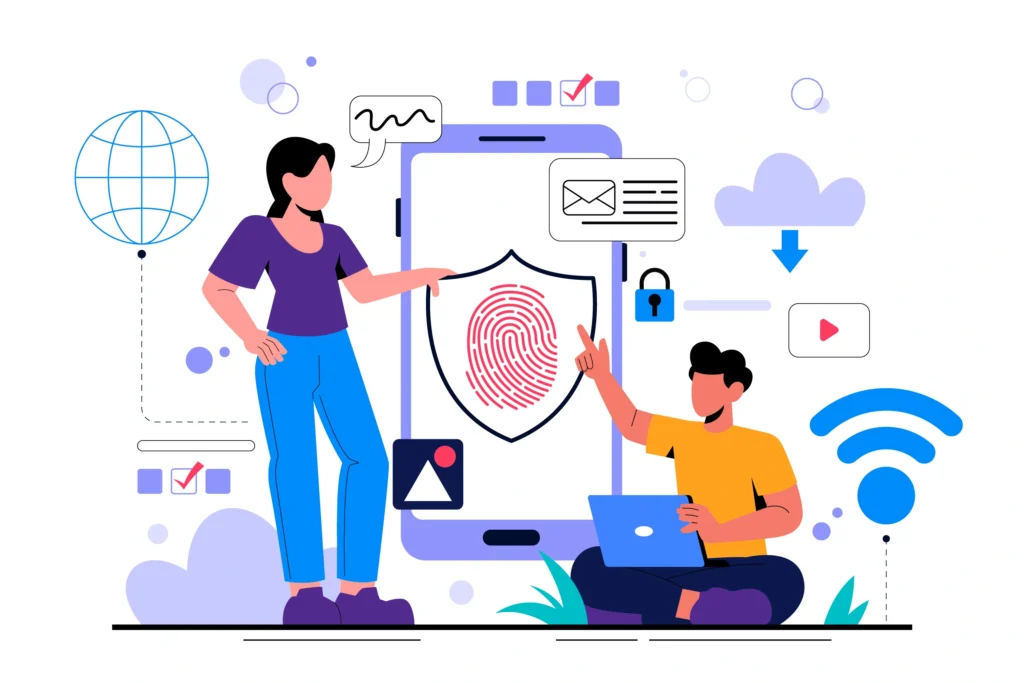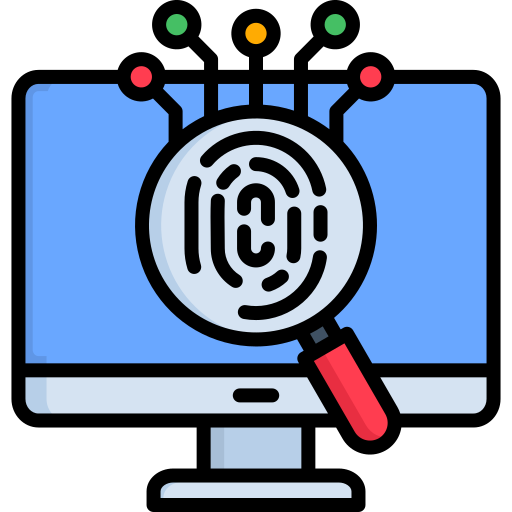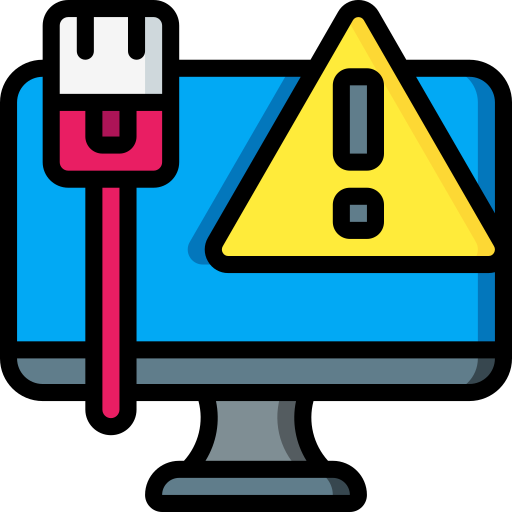Digital Forensics
Digital Forensics is a specialized branch of forensic science that involves the identification, preservation, analysis, and presentation of digital evidence. This field is pivotal in investigating cybercrimes, data breaches, and other illicit activities involving digital systems. The primary objective is to uncover and interpret electronic data to reconstruct events and support legal proceedings, ensuring that digital evidence is collected and analyzed in a manner that maintains its integrity and admissibility in court .

Key Concepts You'll Explore

Definition and Purpose
Digital forensics involves the application of specialized investigative techniques to identify, recover, and analyze data from digital devices, such as computers, smartphones, and storage media.

Key Branches
Digital forensics encompasses several specialized areas, each focusing on different types of digital evidence. Computer forensics deals with data recovery and analysis from personal computers and servers.

Process and Challenges
The digital forensics process typically involves several stages: identification of potential sources of digital evidence, collection of data in a manner that preserves its integrity, examination and analysis of the data
Master Digital Forensics

Data Recovery Techniques
Data recovery in digital forensics involves retrieving lost, deleted, or corrupted data from various digital storage devices.

Legal and Ethical Considerations
Adherence to legal and ethical guidelines is paramount in digital forensics. Maintaining the chain of custody ensures that evidence is handled .

Digital Forensics Tools
Digital forensics professionals utilize a variety of tools to aid in their investigations. These tools assist in tasks such as imaging drives

Emerging Trends and Technologies
The field of digital forensics is continually evolving to address new challenges and advancements in technology.
Digital Forensics
Digital forensics is a specialized field within forensic science that focuses on the identification, acquisition, analysis, and preservation of digital evidence from electronic devices. This discipline plays a crucial role in investigating cybercrimes, data breaches, and other digital offenses by providing legally admissible evidence that can be used in court proceedings.

Find Out Answers Here

Digital forensics involves identifying, preserving, analyzing, and presenting digital evidence from electronic devices to investigate cybercrimes and other digital offenses.
Yes, deleted data can often be recovered unless it has been overwritten. When a file is deleted, the operating system marks the space as available
A write blocker is a device or software tool that allows forensic investigators to access data on a storage device without altering or writing to it
Data security is paramount in digital forensics. Investigators use encrypted tools, follow best practices, and adhere to strict confidentiality
Digital forensics can analyze a wide range of devices, including smartphones, tablets, laptops, desktops, hard drives, cloud storage, GPS systems







